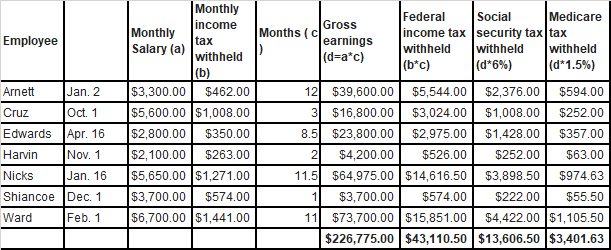What is Sustainability Reporting?
Sustainability reporting is a form of corporate reporting that discloses a company's environmental, social, and governance (ESG) performance to its stakeholders. Sustainability reporting goes beyond traditional financial reporting to provide a more comprehensive view of a company's impact on society and the environment.


Comments
Post a Comment